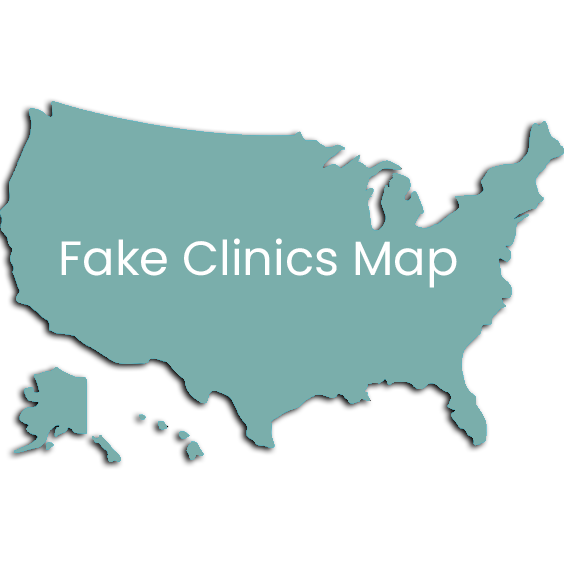
Accessing Abortion in Georgia
We have compiled a variety of resources on abortion care, how you can advocate for reproductive freedom at the local level, as well as local reproductive justice organizations you can get involved with. Take a look around, and if you have any suggestions on resources we should have on this page, please let us know!
Georgia’s Abortion Law:
Know Your Rights
-
HB 481 prohibits abortions after fetal cardiac activity is detected, typically around 6 weeks of pregnancy. The law permits abortions after fetal cardiac activty in a few cases such as when the pregnancy is a result of rape or incest, the fetus is not expected to survie or the pregnancy seriously threatens the physical health or life of the pregnant person.
-
A person must receive counseling 24 hours before their abortion, via phone or in person.
-
In Georgia, publicly funded insurance, including medicaid and insurance purchased on the health exchange, can not cover abortion care except in a few very limited circumstances.
-
In Georgia, if a minor (someone under age 18) wants to access abortion care, their parent(s) or guardian(s) must be informed. That is called parental notification. If a minor cannot or chooses not to talk to their parent(s), minors can go to a judge to obtain a judicial bypass.
Find An Abortion Provider In Georgia
Georgia has 14 abortion clinics:
11 in Atlanta, 1 in Augusta, 1 in Columbus and 1 in Savannah.
I Need an Abortion: Simple, up-to-date source for finding an abortion provider and information
People seeking an abortion in Georgia and neighboring states can find providers here.
Get Help Accessing An Abortion
Financial & Logistical Support
Access Reproductive Care-Southeast supports southerners in Alabama, Florida, Georgia, Mississippi, South Carolina, and Tennessee with accessing abortion care. They do this by providing financial support to help cover the cost of the abortion care and logistical support such as providing rides or gas cards, covering the cost of hotels, etc.
In Georgia, if a minor (someone under age 18) wants to access abortion care, their parent(s) or guardian(s) must be informed. That is called parental notification. If a minor cannot or chooses not to talk to their parent(s), there is another option called a judicial bypass. A judicial bypass means asking a judge to allow them to get an abortion without telling their parent.
Judicial Bypass
Although a lawyer is not required for judicial bypass, a lawyer can help with the process.
The Repro Legal Helpline can help minors get connected with a lawyer.
The Judicial Bypass Wiki from If/When/How is a great resource to learn more about judicial bypass and your rights surrounding it.
Other Resources
Miscarriage and Abortion Hotline
Miscarriage and Abortion Hotline: Call or text to reach aboriton positive medical providers to talk about your miscarriage or abortion.
All Options
All Options: All Options has a talkline for people experiencing unplanned pregnancies, who want to better understand their options.
How to avoid fake abortion clinics
Fake clinics, also called “crisis pregnancy centers (CPCs)”, “pregnancy resource centers”, and “pregnancy care clinics”, and “fake women’s health centers,” are organizations whose primary aim is to stop people from having abortions. They often attract people by offering free pregnancy tests, ultrasounds and resources for having a baby, like diapers, baby clothes, etc. Many are religiously affiliated and lack trained healthcare providers.
These fake clinics use deception to trick people into thinking they offer abortion services, even going so far as to name themselves after real abortion clinics.
Georgia has over 80 fake clinics across the state and they receive up to $2,000,000 per year in state funding.
You can learn more about Fake Clinics here and see a map below.
More information about abortion
Abortion is a medical procedure that ends a pregnancy.
The two most common types of abortion are medication abortion and surgical abortion.
Medication abortion:
Mifepristone, a pill, is taken, usually, with an abortion provider while a person is at a clinic. Then a series of misoprostol pills are taken 24-48 hours later, usually at home.
Medication abortion is typically only available early in pregnancy and is 98% effective and has a .4% chance of serious complications. Learn more about medication abortion here.
Surgical (or procedural) abortion:
This procedure can be done in a few different ways: vacuum aspiration, dilation and evacuation, and induction abortion.
The commonality between all of those is that they are done in a clinical setting. Learn more about surgical abortions here.
The most important thing to remember about abortion is that it is incredibly safe.
Fewer than 1% of people experience major complications.
For more information about abortion and how the procedure works, you can visit We Testify





